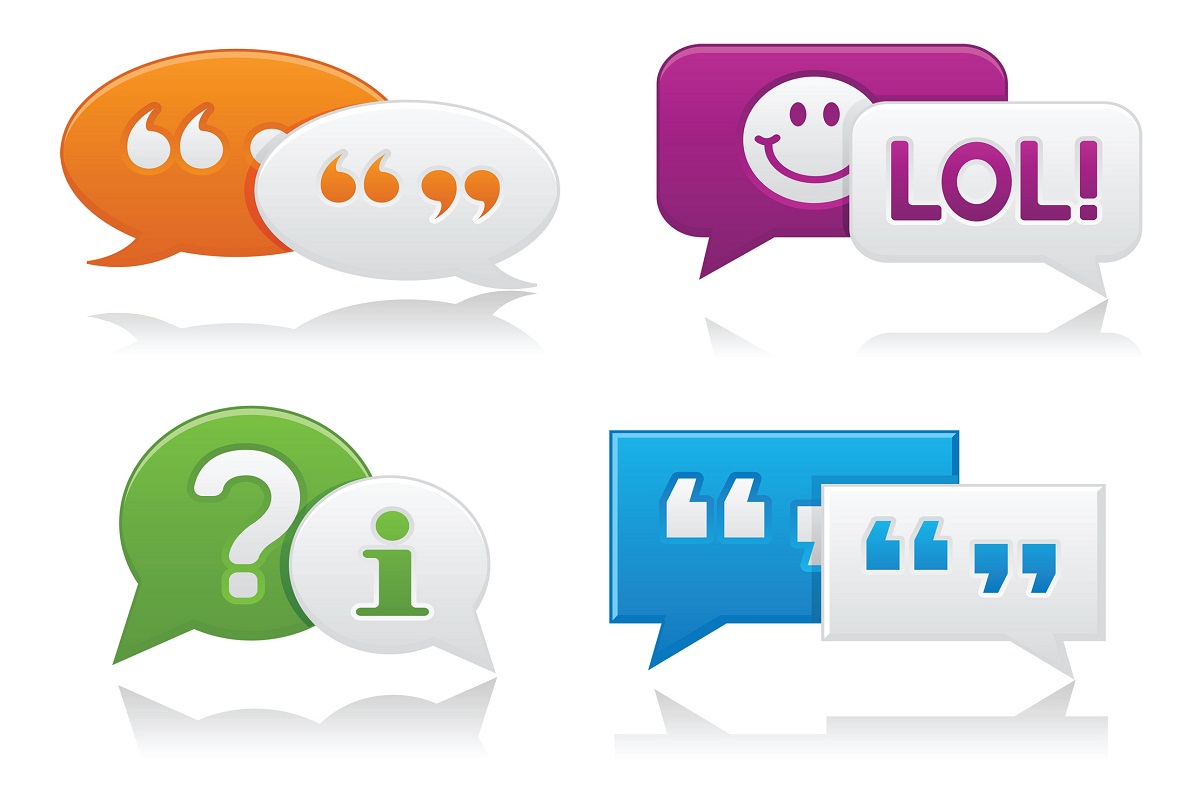Year in Review: 2009 in your words
It's been a comment filled 12 months. We look back on some of your thoughts over the past year to see what you rated and hated when it comes to 2009's tech events.


In November's Google unveiled its Google Wave collaboration platform. But access to the tech was elitist, and offered on an invite-only basis. We had 10 invites to give away to readers. But in return, you had to tell us what tech you'd like to create. The responses were certainly very interesting.
Vivek wanted to build something to help him deal with email overload, saying: "I would build an AI browser that learns my uses and reads direct macros for uses like reading mail and informing me about important mail that needs reading, developing an automatic answer, connecting with the desktop to work."
Ian wanted to do something more fun. "A karaoke social website," he said. " People can post their own new melody or new lyrics into it. Visitors can sing online by entering a virtual karaoke room with the songs they pick. Other people can visit the room or join and sing together."
Wayne's idea was to teach the world. "I'm interested in developing an open source light internet portal/website that's capable of educating children and adults," he said. "The portal would be free and serve the underserved around the world. Educational experts would bring together appropriate free content and build a sound curriculum. The portal would track progress and be adaptive."
Nope, not the TV programme. The government. While the powers that be binned plans to hold comms data in one big database, it did suggest ways of keeping track of what we're saying, when, why and to whom.
Get the ITPro daily newsletter
Sign up today and you will receive a free copy of our Future Focus 2025 report - the leading guidance on AI, cybersecurity and other IT challenges as per 700+ senior executives
Bill wasn't happy. "The next move is to remove all toilet doors," he suggested. "We really are the most nanny state in the world, but for all the wrong reasons."
Mark echoed those concerns. "I feel as if we are all in a big pot of water on a stove and the heat is being raised gradually," he said. "It is starting to feel a little bit uncomfortable. I hope the temperature is not set to be raised anymore."
However, Mike appeared a lone voice agreeing with the proposals. "If you have something to hide . . . be afraid," he said. "If you don't have anything to hide from the forms of policing that we require to protect us from harm, enjoy trying to guess why the people who complain about 'an invasion of privacy' need to keep some part of their life secret. It makes a good game in the pub."
Not content with pretty much owning the search space and doing a good job of taking the mobile market by storm with its Android OS, Google finally admitted it had been working on a desktop OS too. It'll hit machines in 2010, but what did readers think of it in 2009?
It was "the best news ever" for Larry, who added: "Unlike Linux, Google has a stronger platform of being a success and we definitely need the competition," he added. "Google has proved that being friendlier, less restrictive, and integrating far much more than Windows is certainly the future."
Nick felt like he was experiencing dj vu. "When I kicked off in IT, it was IBM everywhere," he said. "Then along came MicrosoftNow Google is making its big play to do the same thing," he wrote. "Like Microsoft, through luck and judgement they have more money than they know what to do with. They've recruited all the youngest and brightest. They have the will. It's only a matter of time."
Money was the only issue in question for some. "If it's free, then I'll try it... and perhaps use it," said Lonkay.
As the recession continued to take hold, saving money was key with many looking at what open source could do for them. So we asked you whether Linux was now ready for prime time.
We need to be fed up with Microsoft completely first, according to David. He said: "It will take time, but then come as an avalanche, particularly when companies realise they are putting their trust and money into Microsoft, which appears to me as a company that never gets it quite right!"
Terry praised Linux, but had concerns about support. "What do you do if it goes wrong?" he said. "They would have us believe that the community forums will sort your problems out quickly. Maybe so, but if your box just isn't working, or if you cannot connect for some reason, you are stuck."
Keith offered a real world view. "Corporate use of Linux is unlikely to have much of an impact on the personal scene; they have used Unix systems since computer time began but that has only made their operators familiar with the idea of computers not the operating system, as most corporate software is on-screen form filling," he said. "The PC, in whichever form, is a universal machine and its universal operating system is the one nearly all of them are delivered with: Windows."
Maggie has been a journalist since 1999, starting her career as an editorial assistant on then-weekly magazine Computing, before working her way up to senior reporter level. In 2006, just weeks before ITPro was launched, Maggie joined Dennis Publishing as a reporter. Having worked her way up to editor of ITPro, she was appointed group editor of CloudPro and ITPro in April 2012. She became the editorial director and took responsibility for ChannelPro, in 2016.
Her areas of particular interest, aside from cloud, include management and C-level issues, the business value of technology, green and environmental issues and careers to name but a few.
-
 Business leaders are having a crisis of confidence over data literacy
Business leaders are having a crisis of confidence over data literacyNews A Salesforce survey reveals business leaders don't trust their data, or their ability to make the most of it
By Emma Woollacott
-
 Frustration as MITRE CVE program funding expires
Frustration as MITRE CVE program funding expiresNews The cyber database is invaluable to security teams the world over, helping flag the most urgent vulnerabilities
By Rory Bathgate